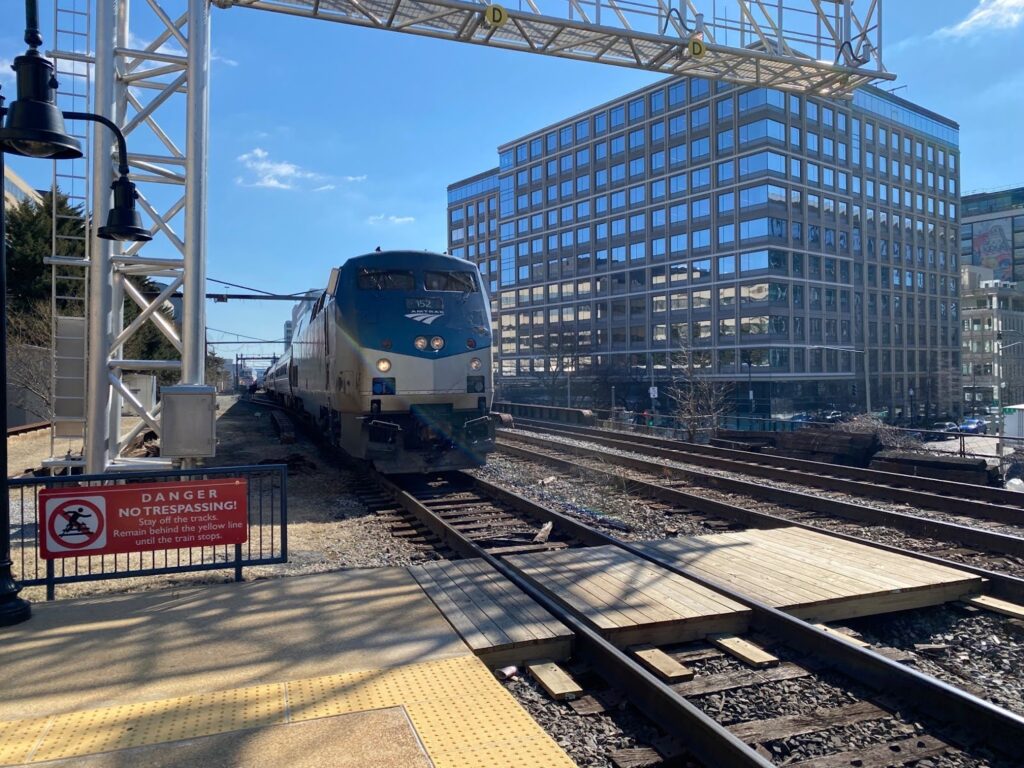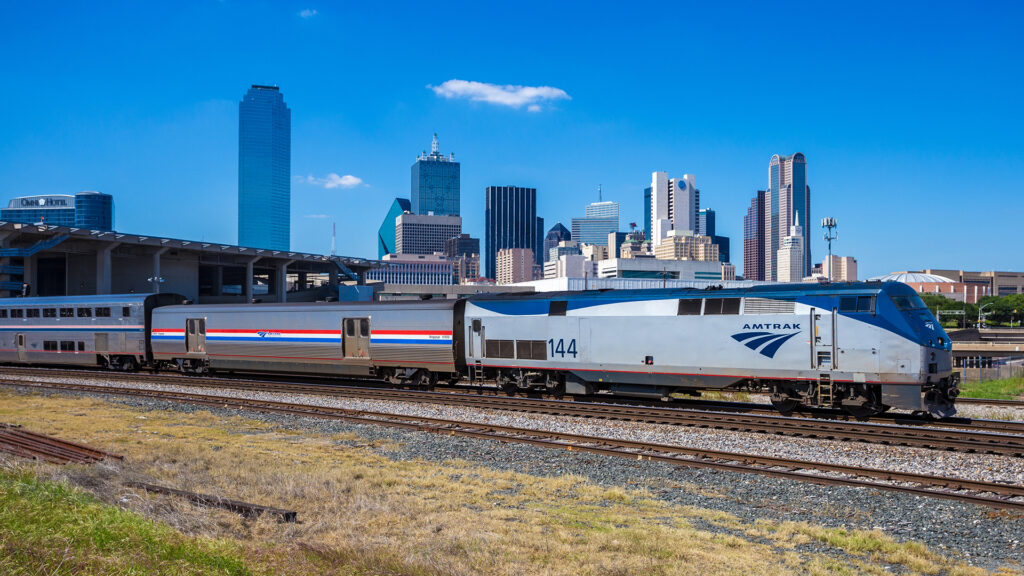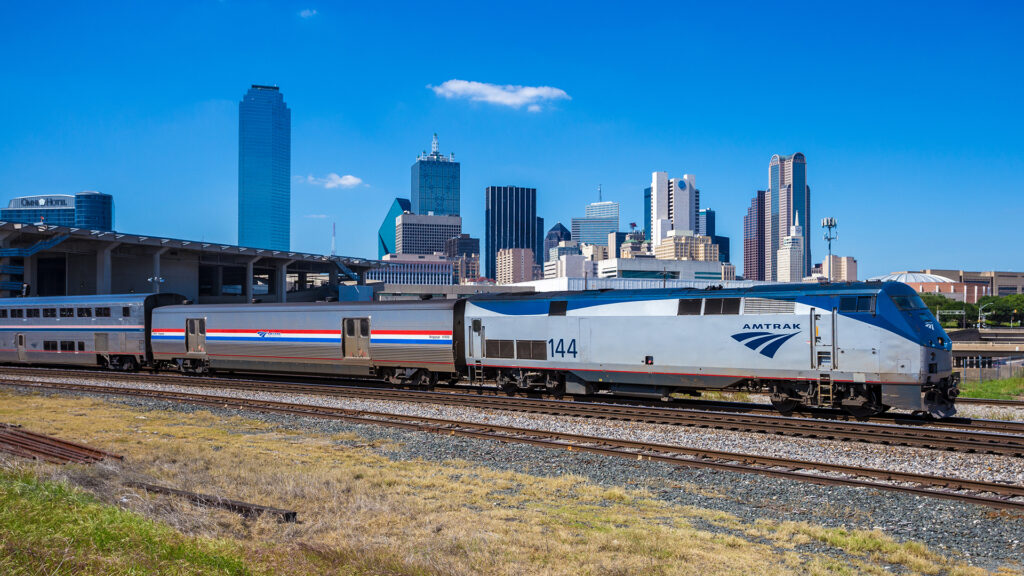
Avoiding Derailment: The Freights First Act in Perspective

There is no denying that there are persistent issues that impact reliable freight service and the efficient delivery of goods nationwide. Yet, despite the discussion of the myriad service issues that affect the supply chain, Amtrak and passenger rail have not been identified as a cause of disruption, and have, in fact, been conspicuously absent from the conversation in general. Despite this lack of impact, critics argue that if the Freights First Act is enacted, it could jeopardize the growth of passenger rail and roll back vital infrastructure investment goals.

The Freights First Act, introduced by Rep. Eric Burlison (MO), seeks to “eliminate Amtrak’s right of preference” over freight transportation in what is being portrayed as an attempt to prevent freight rail bottlenecks and expedite freight movement. Co-sponsored by U.S. Representatives Troy E. Nehls (TX), Scott Perry (PA), Andrew Ogles (TN), and Harriet M. Hageman (WY), there has been no evidence implicating passenger rail as an obstacle to freight service productivity.
In April 2022, the Surface Transportation Board (STB) held a public hearing to urgently assess freight rail service performance and how unreliability and inconsistency impact the supply chain. Stakeholders, including rail labor organizations and shipping companies, gave extensive testimonies regarding service concerns and their vision for a path toward service recovery. The STB found that decades-long practices such as reducing operating ratios and diminishing the existing workforce to cut costs are harmful to operations and stymies service.
Following the investigation, the STB issued a ruling that requires Class 1 freight railroads, namely BNSF, CSX, UP, and NS, to be put on an aggressive schedule to provide updates on their rail service, performance, and employment. This evaluation of progress is a significant step forward in monitoring improvements from freight railroads that urgently need to reform their precision scheduled railroading model as well as increase transparency and accountability.
Notably, passenger rail was not identified as a concern throughout this process—even by the freight provider’s own admission. This means that if enacted, this legislation will likely not improve delays and establish efficient freight service. What this legislation will achieve, is effectively dismantling a robust network of national and state-supported passenger rail service, and undermining the vision for growth and expansion of nationwide passenger rail service outlined in the Infrastructure Investment and Jobs Act (IIJA).
The Freights First Act also contradicts the goals of the citizens whom proponents of this bill are supposed to represent while obscuring and ignoring the real obstacles that are hindering the improvement of freight service. Mayors of Houston, Austin, and San Antonio have looked into popular options to expanding passenger rail in the Texas Triangle in order to prioritize local economies and connect people to services. The current infrastructure funding presents an opportunity for these states to advance projects that can improve mobility in their region, including the extension of the Amtrak Heartland Flyer as well as the I-35 rail expansion. Similarly, Memphis, Nashville, and Chattanooga have declared interest in passenger rail opportunities throughout Tennessee to meet growth and mobility needs. The agenda being advocated for by the representatives sponsoring the Freights First Act is entirely misaligned with the tireless support for passenger rail exhibited by these states and communities.
The IIJA presents a momentous opportunity to act decisively and improve community connectivity through a strong network of passenger rail service, and our responsibility is to support this movement, not roll it back. The Freights First Act is presented as an aspiration for improving the nation’s supply chain performance but it is nothing more than a thinly veiled attempt to destroy intercity and commuter rail passenger transportation.



